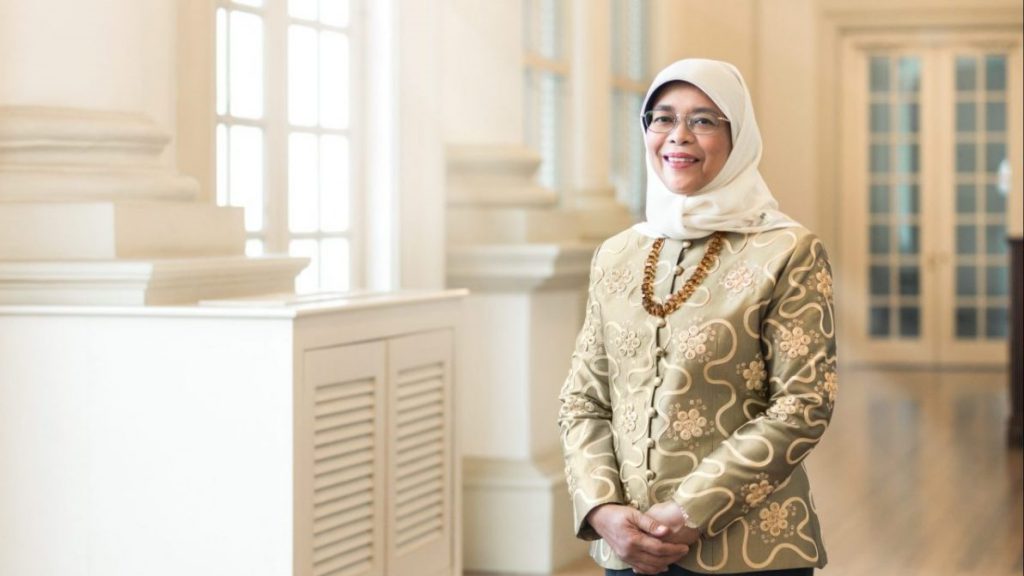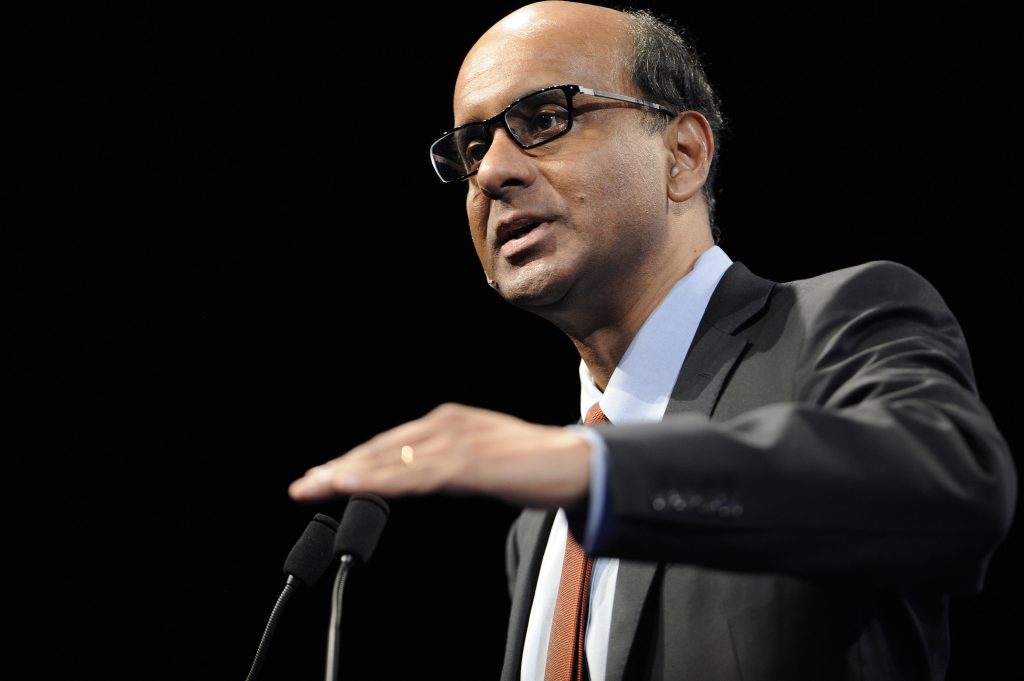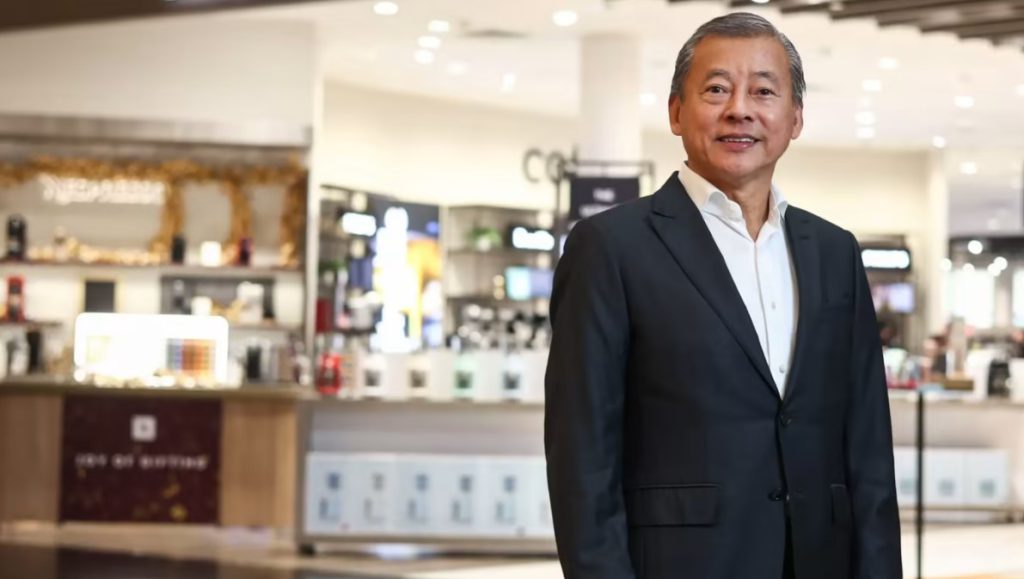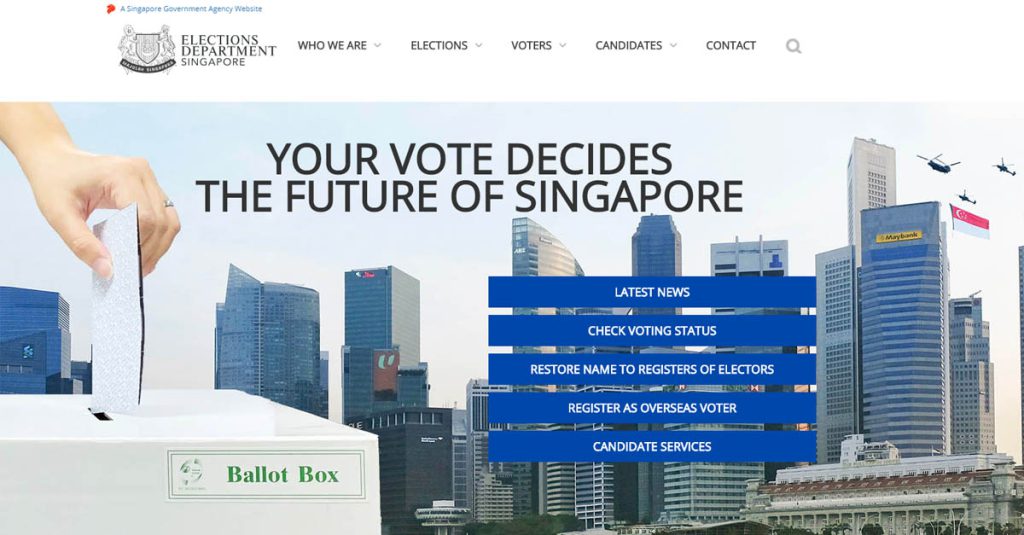Singapore’s Presidential Elections are a significant event in the nation’s political landscape.
The role of the President holds crucial importance in ensuring the integrity of the country’s political system, safeguarding its reserves, and promoting harmony among its diverse population.
As Singapore prepares for its upcoming Presidential Elections in 2023, let’s delve into the role and significance of the President, the purpose and process of the elections, a glimpse at the current candidates, and what you as voters should know about the election process.
The role and duties of the President
In Singapore’s political system, the President is the Head of State.
As stated on the Istana’s official website, the President plays three crucial roles:
- Constitutional – The President exercises custodial powers over the country’s financial reserves and key appointments in the public sector. The President’s role includes approving budgets, safeguarding the integrity of the public service, and ensuring the responsible use of state funds.
- Ceremonial – The President officiates at state events, and represents Singapore on the global stage in cultivating and enhancing relationships with other countries.
- Community – The President may lend weight to and promote social and charitable causes, as well as attend community events.
The 1991 amendment to the Constitution, which made Singapore’s presidency an elected one, gave the President five veto powers: on the spending of past reserves; key public sector appointments; detentions without trial; corruption investigations; and restraining orders to maintain religious harmony.
The President is required to seek the advice of the Council of Presidential Advisers (CPA) regarding fiscal matters related to Singapore’s reserves and the appointment or removal of important officials in the public service and Fifth Schedule entities. However, when it comes to other matters that fall within the President’s discretionary powers, consulting the CPA is optional.
In the event that the President rejects any fiscal matter pertaining to Singapore’s reserves or the appointment/removal of significant office holders in the public service or Fifth Schedule entities, and this decision goes against the advice given by the CPA, the parliament can overturn the President’s decision by a two-thirds majority vote.
Purpose and process of the Presidential Elections
The Presidential Elections in Singapore are held every six years.
The primary purpose of these elections is to select an individual who possesses the necessary experience, integrity, and judgment to fulfil the responsibilities of the presidency.

Singapore’s current President Halimah Yacob announced on May 29 that she will not stand for re-election in the upcoming Presidential Election when her term expires on September 13.
According to the Elections Department Singapore, the Presidential Election has to be conducted:
- within six months after the office of the President becomes vacant before the incumbent’s term expires;
- or not more than three months before the incumbent’s term of office comes to an end.
The Presidential Election process follows a specific timeline, and the process typically includes:
1. Issuance of the Writ of Election
The Prime Minister will authorise the issuance of the Writ of Election to the Returning Officer, instructing them to conduct the election.
The Writ of Election is a public document that specifies the date for candidate nominations — which should be between 10 days and a month from the issuance of the Writ — as well as the designated place of nomination.
Additionally, the Writ will declare if the election is an open or reserved election.
This year’s election will be an open one, which means that candidates of all races will be able to apply. In contrast, the 2017 poll was a reserved election, in which only members of the Malay community were allowed to contest.
Once the Writ of Election is issued, the Returning Officer will issue a notice stipulating the date, time and place for the nomination of candidates.
2. Nomination day
Prospective candidates must submit their nomination papers and certificates to the Returning Officer, in duplicate and in person, at the nomination centre, accompanied by their proposer, seconder, and at least four assentors.
At the close of the nomination period, where only one candidate stands nominated, the Returning Officer will declare the nominated candidate elected to the office of President.
Where more than one candidate stands nominated, the Returning Officer will adjourn the election to a date where a poll will be taken (ie. Polling Day). The Returning Officer will assign each candidate an approved symbol.
3. Campaigning period
Approved candidates can start campaigning after the notice of contested election is issued, up to the start of Cooling-Off Day.
Candidates are not allowed to advertise on television, in newspapers, magazines or periodicals or in a public place, unless he/she is authorised to do so by the Returning Officer.
The maximum amount a candidate can spend on election expenses is S$600,000 or S$0.30 for each elector in the Registers of Electors, whichever is more.
4. Cooling-Off Day
The eve of Polling Day is designated as Cooling-Off Day, a day when election campaigning is prohibited.
This 24-hour campaign silence period is to give voters some time to reflect rationally on issues raised during the election before going to the polls.
5. Polling Day
On Polling Day, qualified electors can go to their allotted polling stations to cast their votes anytime between 8am and 8pm.
Overseas Singaporeans who are registered as overseas electors can cast their votes at the overseas polling stations allotted to them.
After an overseas poll is closed, the ballot boxes will be brought back to Singapore for counting and they must reach the Returning Officer not later than within 10 days after Polling Day in Singapore in order for those votes to be counted.
After the close of polls in Singapore, the ballot boxes containing the votes cast will be sealed and transported to the respective counting centres.
6. Counting of votes
A sample count is performed at the start of the counting process to get an early indication of the possible electoral outcome for the election.
After the count, the Assistant Returning Officer will transmit the results of counting to the Returning Officer at the principal counting place. The Returning Officer will compile the results received from all counting centres in Singapore.
If the overseas votes have no impact on the outcome of the election, the Returning Officer will declare the candidate to whom the greatest number of votes is given to be elected.
If the overseas votes have impact on the outcome, the Returning Officer will announce the number of votes cast in Singapore in favour of each candidate and will defer the declaration of the candidate elected until the day the overseas votes are counted.
After counting the overseas votes, the final results will be published in the Singapore Government Gazette.
A look at the eligibility criteria
A person is qualified to be a candidate for election as President if he:
- is a citizen of Singapore;
- is 45 years old and above on Nomination Day;
- is registered as an elector in a current Registers of Electors;
- is a resident in Singapore on Nomination Day and has been so for a total period not less than 10 years;
- is not subject to any of the disqualifications specified in Article 45 of the Constitution of the Republic of Singapore;
- is not a member of any political party on the date of his nomination for election; and
- satisfies the Presidential Elections Committee (PEC) that he has, at the date of the Writ of Election, met either the public sector or private sector service requirement and the period(s) of service that he relies on falls partly or wholly within the 20 years that immediately precede the date of the Writ of Election.
The public-sector service requirement includes having held office as a minister, chief justice, Speaker of Parliament, attorney-general, chairman of the Public Service Commission, auditor-general, accountant-general or permanent secretary for at least three years.
To fulfil the private-sector requirement, a person must have served as chief executive of a company for at least three years, during which time the company must, on average, have at least S$500 million in shareholders’ equity and have made profit after tax throughout.
The candidates must also possess a good reputation, have a distinguished record of service, and demonstrate strong moral character.
These stringent requirements ensure that only qualified and capable individuals are considered for the presidency.
Candidates and their backgrounds
As of now, several candidates have announced their intention to run for the presidency in 2023. While the field may evolve, let’s explore the backgrounds, qualifications, and achievements of the current candidates:
1. Tharman Shanmugaratnam

On June 8, Senior Minister Tharman Shanmugaratnam was the first to announce his intention to contest in Singapore’s upcoming Presidential Election.
Tharman is a prominent figure in Singaporean politics and public service. He has held various high-level positions, including Senior Minister, Deputy Prime Minister, Finance Minister, and Education Minister. He currently serves as the Coordinating Minister for Social Policies and advises the Prime Minister on economic matters.
In addition to his government roles, Tharman is the Chairman of the Monetary Authority of Singapore (MAS) and the Deputy Chairman of the Government of Singapore Investment Corporation (GIC). He has dedicated his career to public service and has made significant contributions to inclusive social policies, educational reforms, and job opportunities for lower-income citizens.
Tharman, 66, has been involved in several international councils and initiatives, focusing on economic and financial reforms. He has chaired the Group of Thirty, the Global Commission on the Economics of Water, and the G20 High-Level Independent Panel on Global Financing for Pandemic Preparedness and Response.
Within Singapore, Tharman has chaired various advisory boards and councils, including those related to economic development, education, and trade. He has also been recognised with numerous awards for his contributions to finance, leadership, and global reforms.
Tharman’s educational background includes degrees from the London School of Economics, the University of Cambridge, and Harvard University’s Kennedy School of Government.
As Tharman confirms his candidacy, he has expressed his intention to retire from politics and resign from all his government positions. He stated his plan to relinquish his membership in the People’s Action Party (PAP) and step down from his roles as Senior Minister and Coordinating Minister for Social Policies on July 7.
2. George Goh Ching Wah

Meanwhile, George Goh, 63, made his potential bid known on June 12.
George holds several leadership positions, including Chairman of Ossia International Ltd, founder of Harvey Norman Ossia Pte Ltd, Chairman of Internet Technology Group, co-founder of UnitedEnvirotech, and Deputy Chairman of Pertama Holdings Limited.
George is also actively involved in various councils and boards, such as the Red Cross Society, Presbyterian Community Services, and Presbyterian Preschool Services Ltd. He also serves as an advisor to organisations like the Puan Noor Aishah Intercultural Institute and has contributed as a board member of the Creative Malay Arts and Culture.
Passionate about building inclusive communities and promoting entrepreneurship, George has founded the Institute of Innovation and Entrepreneurship, and is an Adjunct Lecturer at BML Munjal University and Tribhuvan University. George’s commitment to internationalisation is evident through his advisory roles at the Royal University of Bhutan and Mohammed V University of Rabat.
Growing up in poverty, George’s personal journey has shaped his philanthropic efforts. Recognising the importance of giving back, George and his wife founded the Border Mission Charitable Foundation.
Through this organisation, they focus on improving the lives of marginalised groups in Singapore, including elderly cardboard collectors and individuals with disabilities. George is also dedicated to providing education and medical aid, as well as support to poor communities in the Himalayan region.
Additionally, George serves as the Singapore Ambassador to Morocco, actively contributing to strengthening diplomatic relationships between Singapore and Morocco.
How to vote

Voting is compulsory for Singaporeans aged 21 and above.
If your name has been struck off the Register of Electors for not having voted in a previous election, you may apply via the Elections Department website to restore your name. However, no restoration can be made once the Writ of Election has been issued.
If the election is contested, you will receive your poll card via mail at your registered residential address two to three working days after Nomination Day.
On Polling Day, you will need to take your poll card and NRIC to your designated station. You can cast your vote between 8am and 8pm on that day.
Meanwhile, Singaporeans living abroad who are eligible to vote will have the option to vote by mail in the upcoming election.
Overseas Singaporeans who have registered for postal voting can access the ELD website the day after Nomination Day to download and print the postal ballot paper along with the return envelope, provided that the election is contested.
What’s new this year?
In light of recent changes to Singapore’s election laws, the upcoming election will introduce new voting procedures.
As a pilot initiative, approximately 25 to 30 nursing homes will have polling stations established on-site. In addition, mobile polling teams may be dispatched to assist bed-bound voters by bringing them the necessary ballot boxes and papers.
These adjustments have been implemented following feedback collection by the ELD last May, which involved engaging with various stakeholders, including nursing home operators. The aim is to enhance accessibility to voting through special arrangements.
As the nation prepares for the upcoming elections in 2023, the process, eligibility criteria, and candidates will be closely scrutinised by the public. The selection of a capable and visionary leader will contribute to Singapore’s continued success and secure its future.
Featured Image Credit: Shutterstock via New Naratif
Stay connected with us on social media platform for instant update click here to join our Twitter, & Facebook
We are now on Telegram. Click here to join our channel (@TechiUpdate) and stay updated with the latest Technology headlines.
For all the latest Life Style News Click Here
For the latest news and updates, follow us on Google News.
